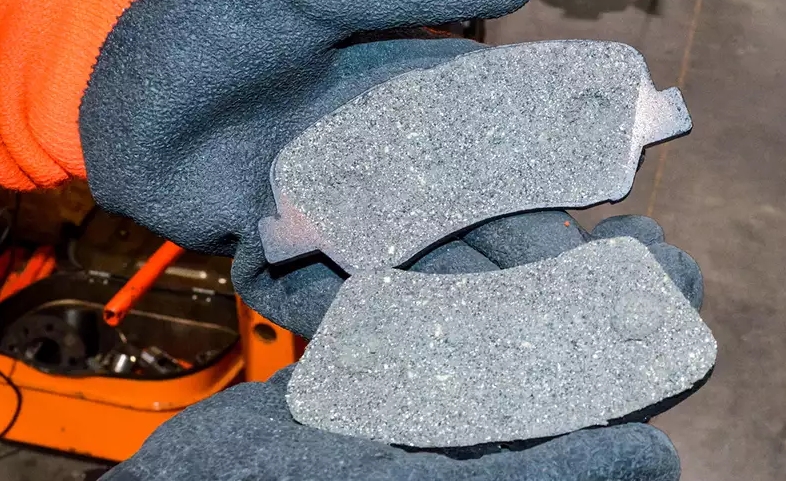There are many reasons. But we especially do not advise to wear the brake pads to the limit.
The brake system can be characterized by the car as follows: “Brakes are mortal, but that would be half the trouble. The bad thing is that they are sometimes suddenly fatal.
Indeed, a car’s reluctance to brake is not necessarily the fault of its braking system.
If the car suddenly stops obeying the brake pedal, the slippery road, for instance, can be guilty. Another option – a punctured tire. Or even the weather: in extreme heat, the brake fluid is dangerously close to the boiling point. After a freezing rain, the pads and the brake disk (drum) may get so icy that you won’t feel any difference.
Many of these situations are often the fault of the driver. The brake fluid may boil as a result of pseudo-sportive driving style with sharp acceleration and frequent braking. Or as a result of adventurous driving on mountain roads. And icing can occur after a winter car wash, if the driver does not dry the brakes with a series of brakes in safe areas after driving on the road.
But the most unpleasant, of course, is brake pad failure. Overheating of the low-quality surface layer of the pad immediately reduces the friction coefficient: goodbye, normal braking. The friction material often tends to crack, or even break off completely. This is a disaster: the brake cylinder piston, not meeting the usual obstacle, is excessively moved outward, there is depressurization of the system – in general, here we go.
To save the brake cylinders from excessive “liberties”, we recommend not to wear out the brake pads to the extreme thinning of the lining, but to replace them in advance.
When replacing brake pads with new ones, it is usually recommended to pay attention to brand-name products that are well respected on the market. However, the owners of mass automobiles is reasonable to rely on the budget products of well-known suppliers, compensating their relatively limited capacity for more frequent changes, without waiting for the creak of metal on metal. After all, the brake pads are a typical expendable, requiring regular replacement.

